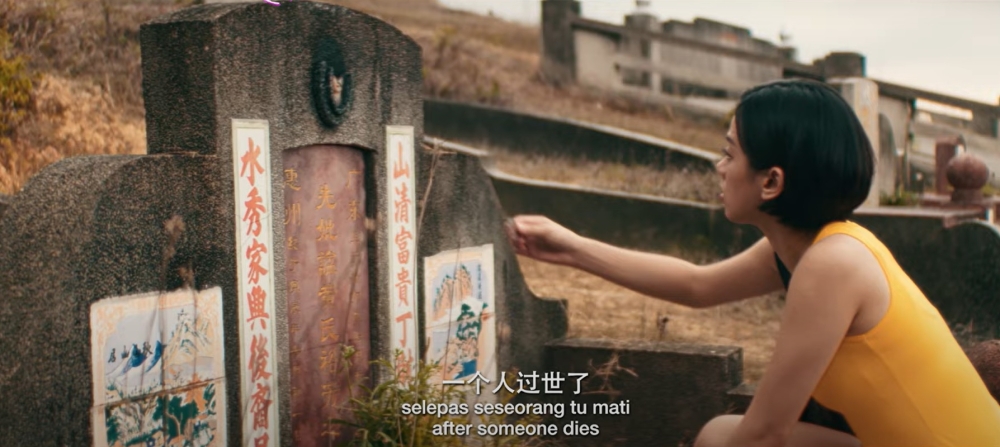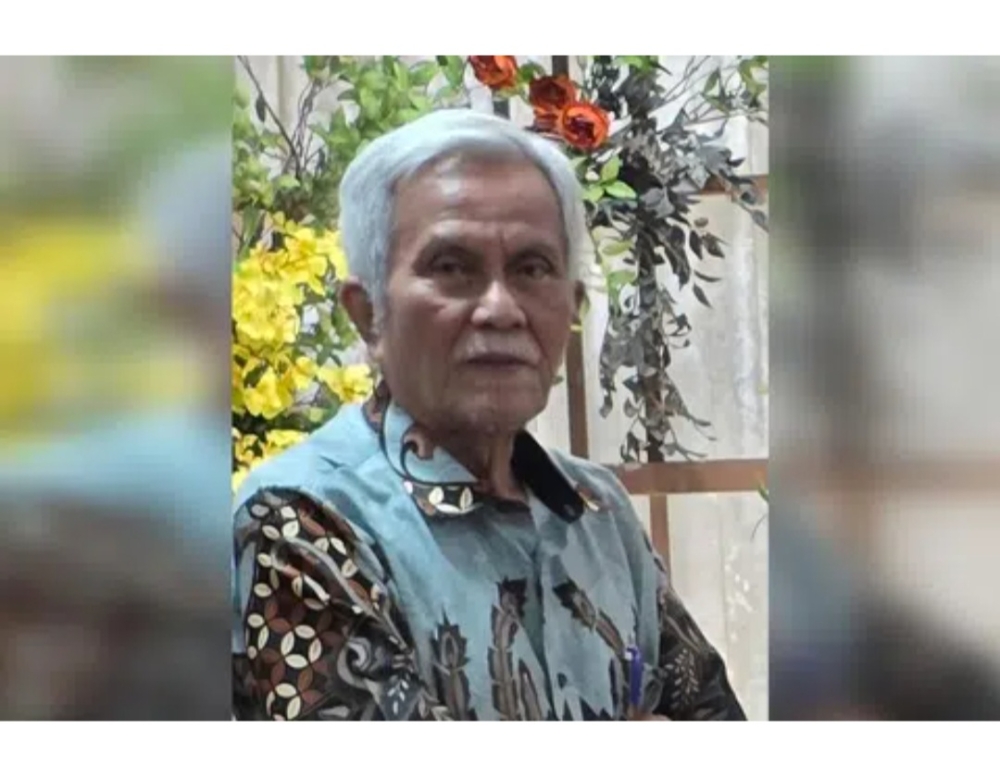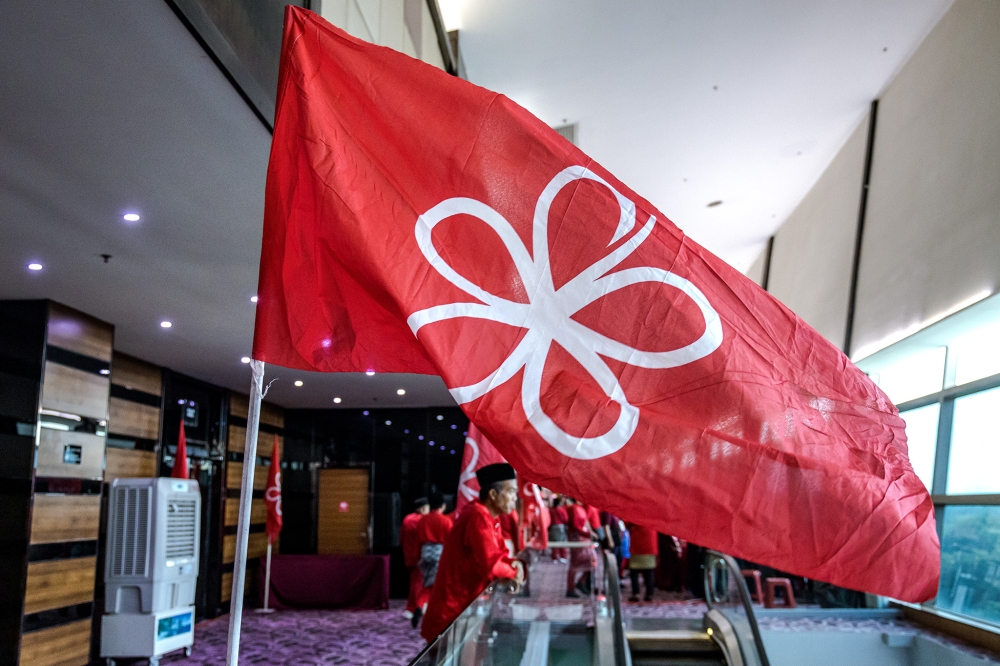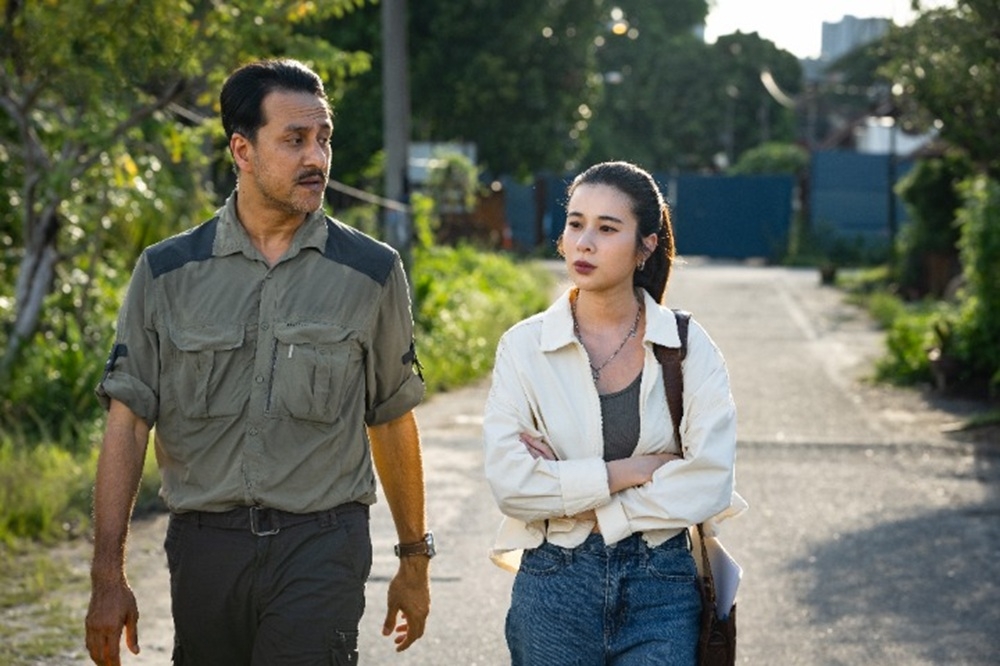AUGUST 12 ― It’s probably a bit unfortunate that the word “ghost” appears in this film’s title, as there’s every chance that a casual observer would automatically assume that this is a horror flick.
Having only previously seen the film’s title and a teaser poster, even I thought this new Malaysian film from debuting director Cho We Jun is a horror movie when I went to catch the film in the cinema.
So, let’s get this out of the way first ― Hungry Ghost Diner is not a horror flick!
In fact, I’d say that in spirit it feels more like one of those heartwarming Chinese New Year movies, except that this one is set during the Hungry Ghost Festival, which of course means that there will be ghosts involved, but not in the way you’d expect.
The film opens with a peek into the life of main character Bonnie when she was a small kid, at her mother’s funeral, which also happens to be right smack in the middle of the Hungry Ghost Festival.

Right away during this opening set-piece, the director sets up some interesting visual choices to depict the world of ghosts and phantoms during the month of the Hungry Ghost Festival, using a neon and blue tint in the visuals and also using the Wong Kar Wai-esque step printing technique that we all loved from Chungking Express.
I guess it’s safe to say that this prologue more or less establishes the fact that the young Bonnie can see ghosts, which any film fan would be able to predict just based on the film’s title and how the prologue is set out.
The rest of the film spends time with the adult Bonnie, played by singer-actress Chen Keat Yoke, who now runs a food truck selling noodles somewhere in Kuala Lumpur.
Having forgotten that memory of seeing ghosts and phantoms when she was a kid, one night, which happens to be the beginning of the Hungry Ghost Festival, Bonnie gets a strange visit from her beloved uncle Ah Kiu, who seems to convey the message that all is not well with her father Bobby, who still lives in their hometown of Behrang.
So she makes her way back to Behrang. It is there that she finds out that her uncle Ah Kiu actually the night before, meaning that the Ah Kiu she met at her food truck was surely a ghost.
Still, she dismissed all this and gets into a terrible fight with her father, only to find herself stuck in Behrang afterwards, thanks to the newly enforced Movement Control Order, which of course meant that she couldn’t cross state borders to go back to Kuala Lumpur.
Being stuck in her hometown, and being able to see ghosts, meant that there are old scores that need to be settled and formerly broken familial relationships that need to be mended, with a lot of this up to Bonnie to figure out as she’s the one with the ability to see ghosts and communicate with them.
As I said before, this is where that Chinese New Year spirit comes into play in the movie, with the director We Jun nimbly alternating between gentle comedy and soulful family drama, helped immensely by the uniformly strong performances by the cast.
Make no mistake, this is not your typical Malaysian Chinese indie movie, even if it arrives at local cinemas this week on the back of some festival showings and even a Netpac Award win at the 27th Bucheon International Fantastic Film Festival.
Nope, there are no longueurs here and definitely no extended scenes of people sitting around tables smoking cigarettes in silence.
There’s an approachability and easy charm to the whole enterprise that makes sitting through this film a surprisingly effortless and enjoyable one. In fact, I’d dare say that this one has legit commercial values and prospects!
If there’s one weakness that might harm the film (which also happens to be one of its strengths), I think that it’s the film’s peculiar uniqueness, this sweet middle ground that it occupies between a gentle family comedy and heartbreaking drama, that will make it hard for people to classify and describe the movie, which in marketing terms will mean that the sales people will find it a bit hard to really sell it to its target market because the target is pretty vague to begin with.
And I found parts of the score a bit of an awkward fit as well, which will sometimes take you out of the movie.
Still, overall, this is a genuinely impressive and admirably unassuming debut effort from Cho We Jun, whom I’ve been keeping watch on ever since I first saw his short film Salvaj back in 2015.
This makes it two out of two solid hits so far in his short career as a filmmaker, and I’m already looking forward to whatever he comes up with next.
* This is the personal opinion of the columnist.






















